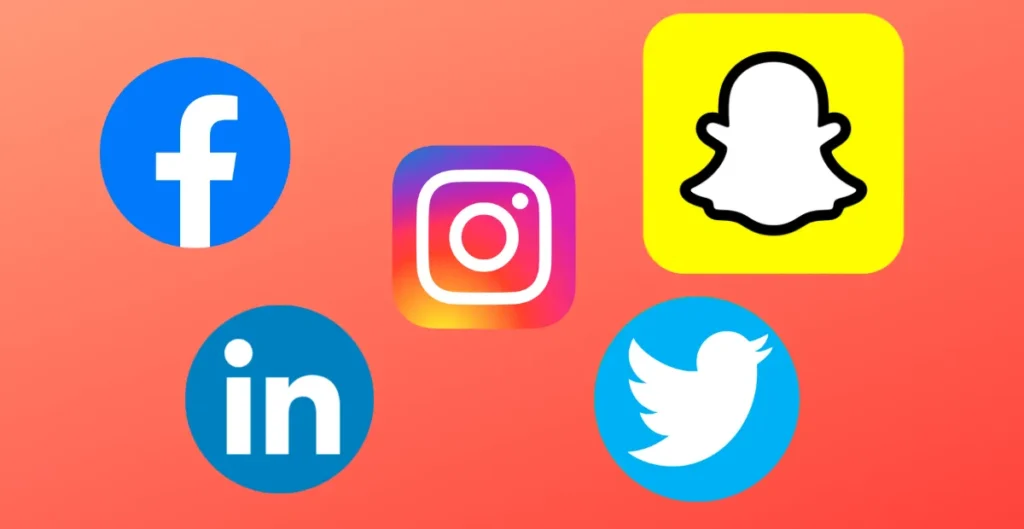
Social Media is a very important tool that affects our life in many ways. It doesn’t matter wherever you are – US, Brazil, France, Italy, Denmark, Saudi Arabia, India, China or Japan, there is a very high probability that you may have an active presence on one or the other social media channel. Facebook, Instagram, Twitter and Whatsapp have not only connected people around the world but also entwined their lives. It has made us aware of people from different countries having their own languages and culture. Before, social media became such a rage, we had little means to know what is happening elsewhere. Forget about what was happening in a distant country, we were not even aware of what was happening in our own country.
Although we had newspapers, radio and television news channels, they were generally very selective about the news they wanted to share with the public. Moreover, most of these mediums were owned by corporates who were under pressure to tow the pro government stand. Once social media made an entry in people’s lives, all this changed. They soon undermined the monopoly of traditional media because of their authenticity, and the speed at which they delivered the news. It became a powerful vehicle of change in society after making people aware about the issues and problems facing them at large.
For almost one and a half years, social media has kept us informed about the corona pandemic. It is mostly through channels like Facebook, Twitter and Whatsapp, we know what measures other countries are taking to control its spread. We also come to know about the extent of infection and the casualties caused by the virus. International organisations such as WHO, UNICEF and UN keep issuing important updates and notifications related to the pandemic, and it is again social media channels that keep us informed. Since the pandemic became more lethal and started taking a heavy toll on human lives, scientists and researchers all over the world have been busy developing an effective vaccine to control it. Social media has continuously kept us in the loop about the development process of vaccines and also about the latest mutants of coronavirus.
Social media has always raised issues of women empowerment and sexual harassment at work places. It was in Oct 2017, when Alyssa Milano, the American actor through a tweet shared about her own exploitation, and asked her followers to do the same. Her tweet soon became viral and got more than 50000 likes and 25000 retweets. That one tweet created the #MeToo movement that spread from Hollywood to Bollywood, and from power corridors of White House to the corporate meeting rooms of Mumbai. Everyday, new revelations came about how rich and powerful men from film industry, business and politics misused their position and openly indulged in sexual harassment of women who came to them for some work or favour. There were countless women who showed courage and resolve and came forward to share their ordeal in the hands of powerful men who were otherwise highly respected in the society. Nobody had any clue that these so called men of honour were actually molesters, rapists and lechers. President Trump was also named by a couple of women for his indecent and disrespectful gestures towards them in the past.
Hashtags are very important tools on social media through which you can reach a larger audience to share your stories. In recent times, issues such as #BlackLivesMatter and #WeAreHere came to the forefront only because of social media. These are type of news that mainstream media don’t find interesting, and so they deliberately avoid them. It is left to the social media where those directly impacted by issues get a chance to speak and express themselves. People also get first hand information from real victims. Sometimes, even the government and the concerned authorities come to know about the problems that people face. Based on these feedbacks, the necessary steps are taken by the officials.
Social media is also used for raising political protests in some countries. #UmbrellaRevolution and #Resist are some of the fine examples. It is also used for charity and benevolence purposes with hashtags such as #IceBucketChallenge. Besides, social media also stood for victims of terror attacks and natural disasters with popularising hashtags like #PrayForParis and #PreyForJapan.
Everyday, one or the other campaign is usually started on social media channels like Twitter and Facebook to raise awareness. Users of such platforms have realised that they can rely on the power of social media to spread their message to a larger audience that will ultimately put pressure on the government to act. This trend will likely continue in the future too because day by day the popularity of social channels is only increasing.

